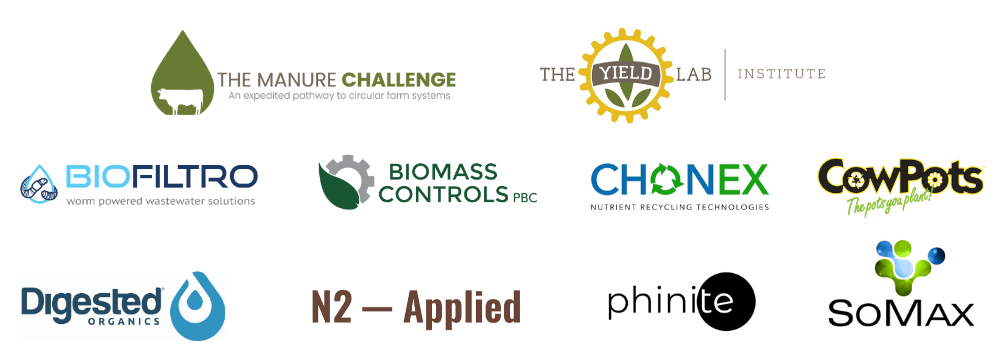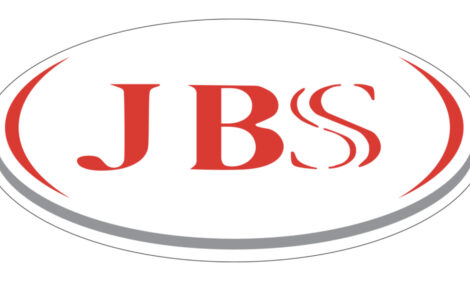



Manure Innovation Challenge final pitches at the Animal AgTech Innovation Summit in San Francisco
The Animal AgTech Innovation Summit will host the final of the Manure Innovation Challenge, organised by The Yield Lab Institute for early-stage companies to advance innovative manure-management technologies.Eight start-ups from around the world have been announced as the finalists to compete in the Manure Innovation Challenge at a special pre-summit Breakfast Pitching session in San Francisco on March 16. All summit delegates will be welcome to join.
A panel of judges including Aidan Connolly (Cainthus / AgriTech Capital), Aaron Magenheim (AgTech Insight), Joost Matthijssen (Nutreco), William Goure (Business Model Innovation), Evan Fraser (Arrell Food Institute) and Paul Duncan (Anuvia Plant Nutrients) will critique the start-ups. The winner will be announced in the afternoon of the Animal AgTech Innovation Summit to over 350 leading livestock producers, animal health providers, feed companies, ingredients manufacturers and investors.
Commenting on the start-ups, Brandon Day, Chief Operating Officer of The Yield Lab Institute, said: “Now is an exciting time for agtech innovators to accelerate the future of sustainable farming and manure management and we’re delighted to support their route to market with this platform to showcase their solutions and benefit from our mentoring. We’re looking forward to the pitches and supporting the participating start-ups and the winner.”
All finalists will benefit from commercialising their products through The Yield Lab Institute’s mentorship and guidance.
The eight finalists:
BioFiltro (USA): is a wastewater system that catalyses the digestive power of worms and microbes to convert waste streams into beneficial revenue streams. It delivers patented wastewater solutions that improve not only companies’ environmental impact, but also their bottom line.
Biomass Controls (USA): is a Delaware Public Benefit Corporation founded in 2015 in Connecticut as part of the Bill & Melinda Gates Foundation Re-Invented Toilet Challenge. Biomass Controls’ 22 patents protect the environment and return nutrients to the soil. Its Biogenic Refinery provides thermochemical treatment of high moisture materials such as manures, excreta, agriculture residues and food waste.
Chonex (USA): is a nutrient recycling company that has developed a biological process to convert 100 percent of poultry manure into high-value organic fertiliser and animal feed products.
CowPots (USA) provides biodegradable, plantable pots manufactured in Connecticut utilising the by-product from its dairy farm. Invented as a sustainable solution to managing cow manure, CowPots offer growers a renewable and recycled alternative to plastic and peat planting containers. Using the same process, CowPots packaging was recently introduced as a sustainable alternative to the packaging industry.
Digested Organics (USA): manufactures advanced filtration solutions to help customers reduce wastewater disposal costs, reclaim clean water for reuse, and produce valuable co-products. It specialises in helping farms improve manure management to reduce spreading and hauling costs, minimise nutrient runoff, reuse water, and create new fertilizer products.
N2 Applied (Norway) is a Norwegian technology development company that aims to fundamentally improve global food production by increasing yield and reducing emissions. N2 has developed a patented technology that enables farmers to produce environmentally friendly fertilizer on-farm, only by using manure, air and renewable energy. The result is a fertilizer produced with lower greenhouse gas emissions, improved resource efficiency at a competitive cost.
Phinite (USA): is building the renewable fertilizer mines of the future, by recycling animal manure into bulk renewable fertilizer.
SoMax BioEnergy(USA) utilises organic waste as a resource for sustainable development and resilient waste management in the agriculture, manufacturing and sanitation industries. The company allows its partners to reduce their carbon footprint while creating savings or additional revenue streams by diverting agricultural, food, septic, green and other organic wastes from landfills and wastewater treatment plants.










